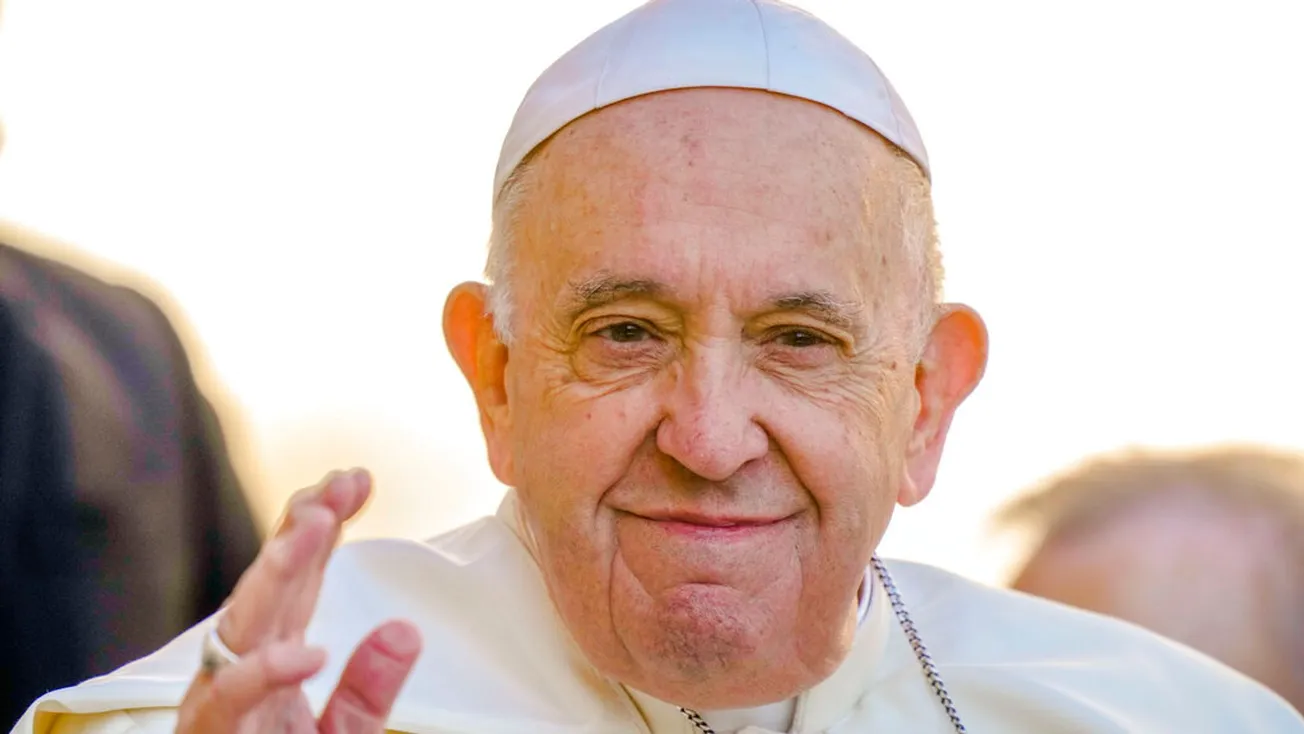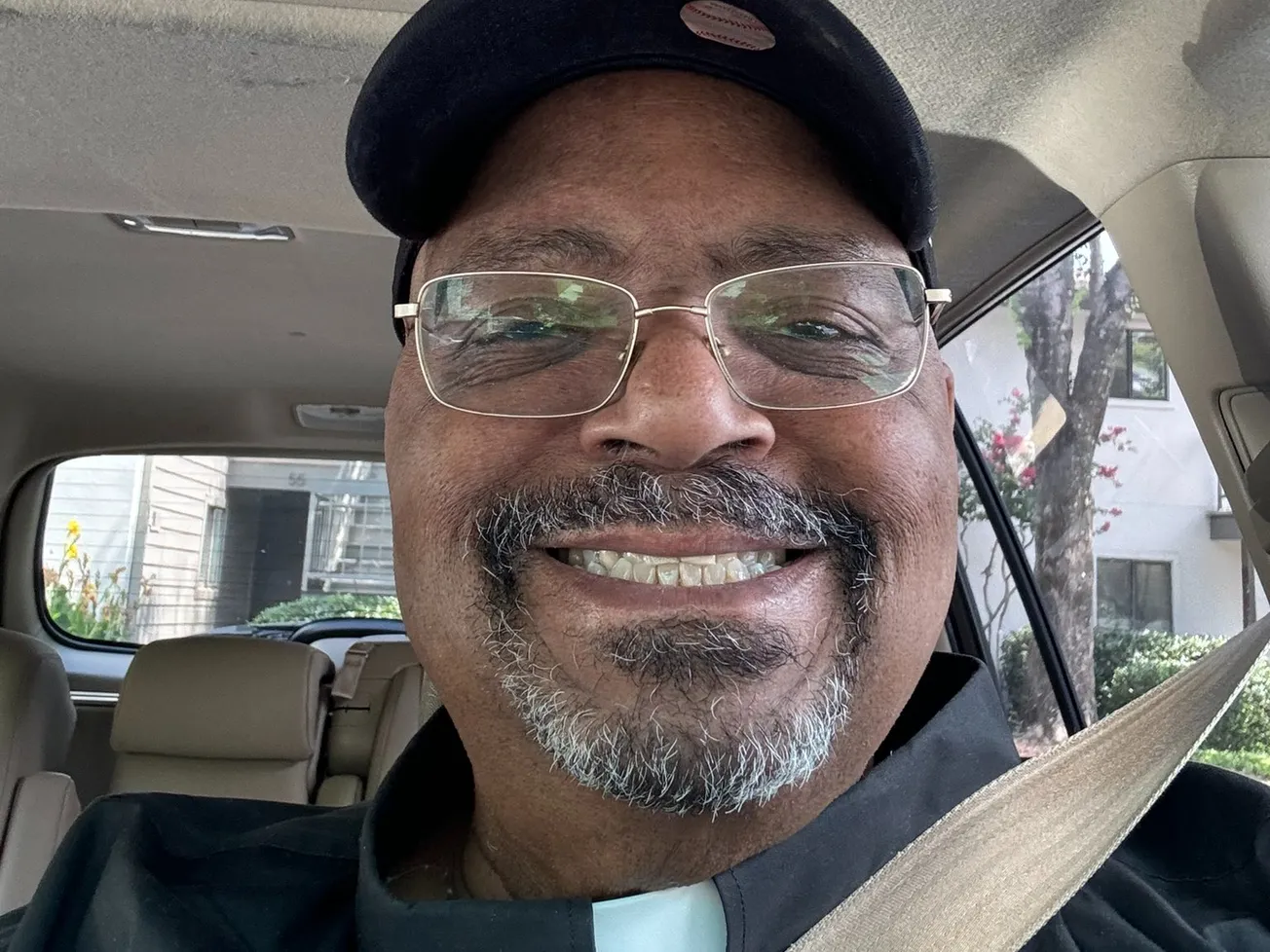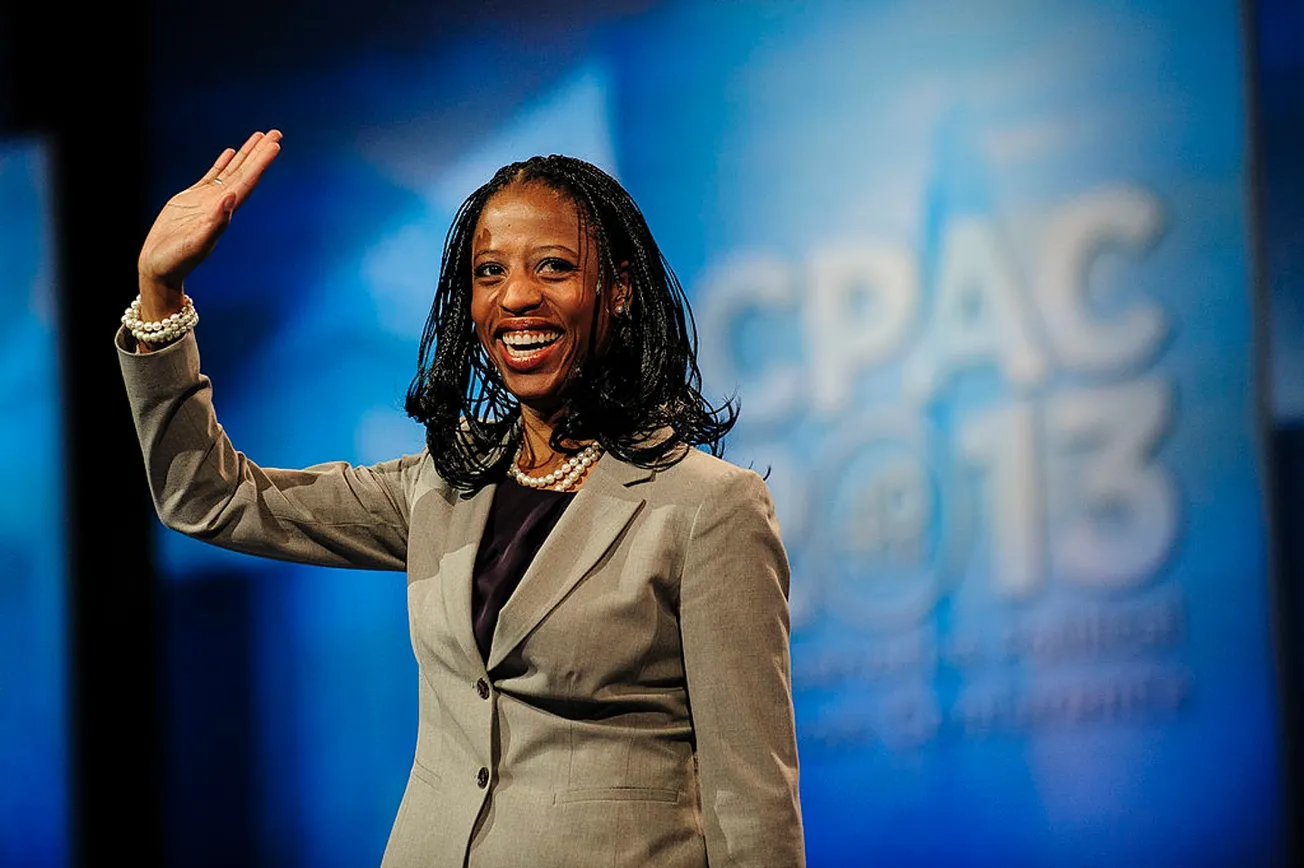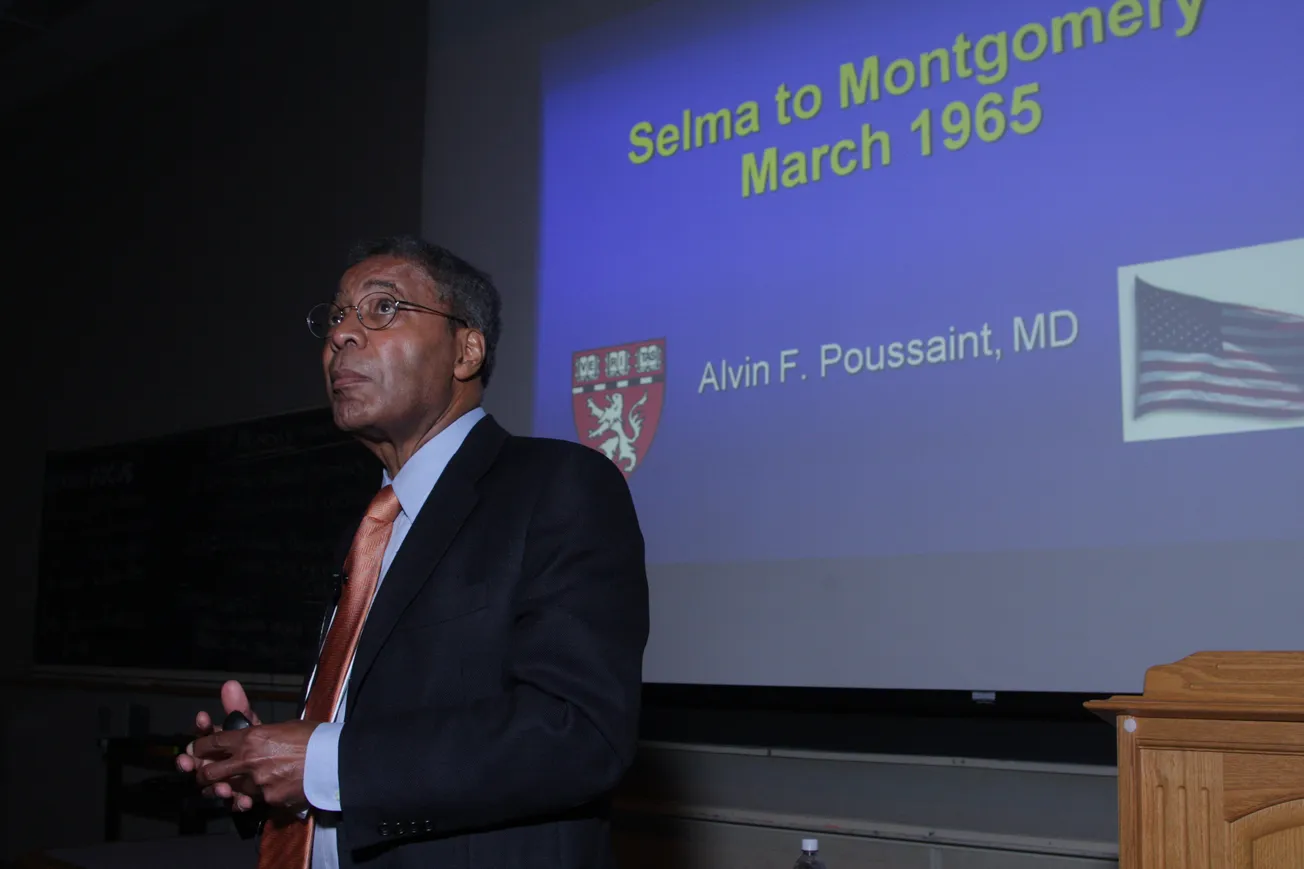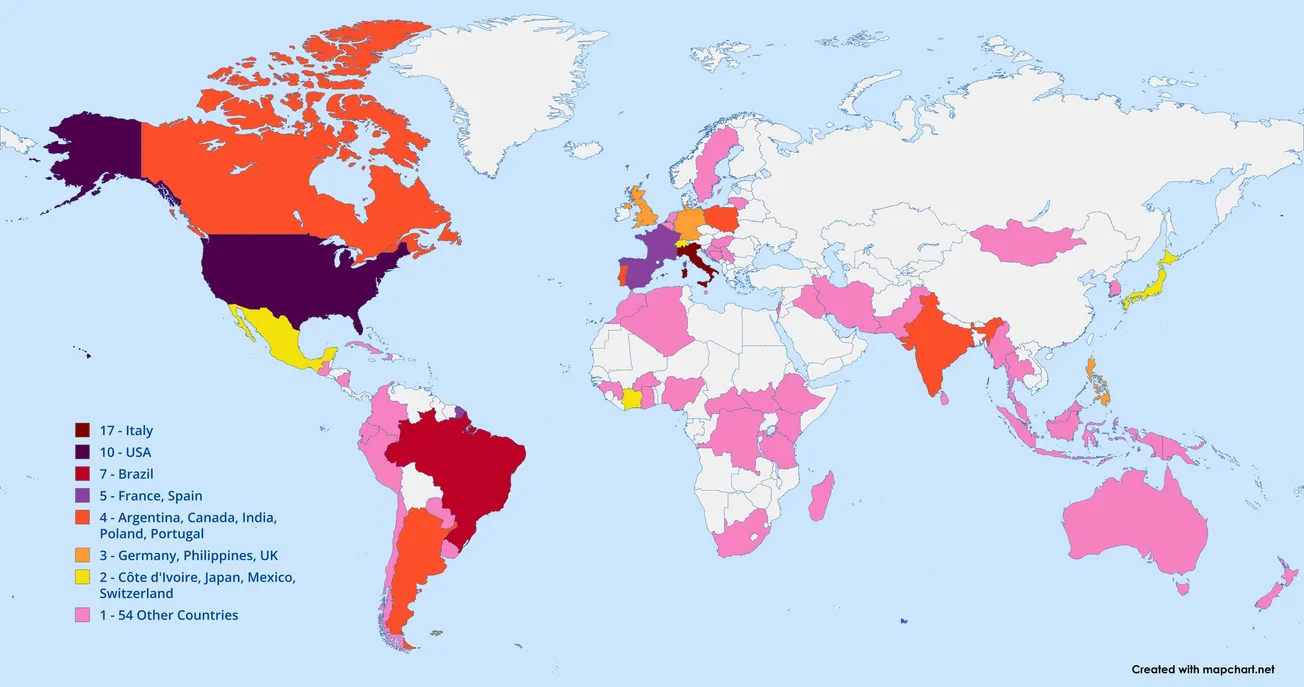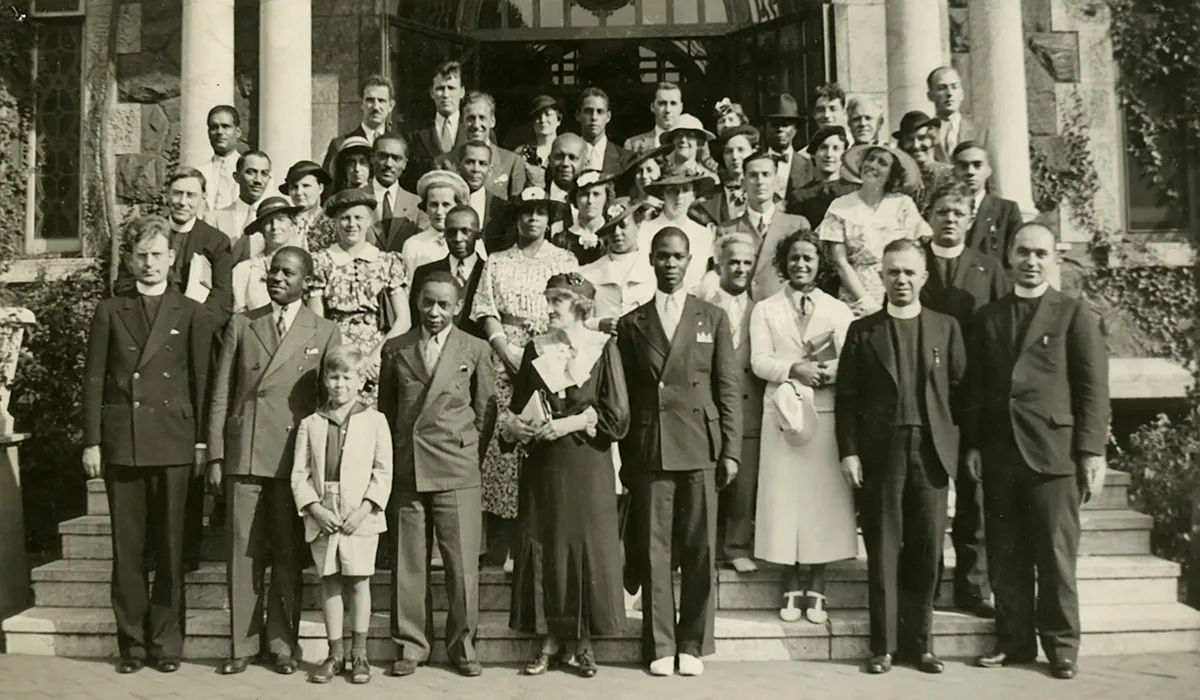Laurence J. “Larry” Payne, a longtime leader in church and civic affairs in Texas and on the national Black Catholic stage, has passed away after an extended battle with cancer. He turned 73 on November 16, ten days before his death.
The news was first announced by Houston mayor Sylvester Turner, who worked with Payne on police reform in the city during the national unrest following the murder of George Floyd.
“Over the last 30 years, mayors have turned to him to lead various initiatives or assist in conflict resolution,” Turner said in a statement.
“This City will be forever indebted to Larry Payne for his unselfish service and his wife and family for sharing him with us. On a personal note, I shall miss my friend who left it all on the field.”
Larry was a civic leader, a facilitator, educator, mentor, & personal friend. Over the last 30 years, mayors have turned to him to lead various initiatives or assist in conflict resolution.
— Houston Mayor's Office (@houmayor) November 26, 2023
Mayor Turner's Statement on Passing of Laurence J. "Larry" Payne - https://t.co/4VdPPeRj4F pic.twitter.com/7hbbtsJ1JG
Born in Orange, Texas, in 1950, Payne was raised Catholic and as a youth envisioned becoming a priest. He earned an undergraduate degree in theology from the University of St. Thomas (UST) in 1972 and matriculated to the seminary, becoming part of an early boon of young African-American men to seek holy orders en masse.
Payne later chose to become a lay minister instead, leaving formation just months before his ordination. In his mid-20s, he was hired as director of community relations for the Archdiocese of Galveston-Houston. He would go on to become the first layperson and first African American to hold the title of vicar in the U.S. Catholic Church, when became the head of urban affairs for the Diocese of Belleville.
While in that position, Payne was a major figure in the Black Catholic Movement, helping to plan national initiatives and working with such luminaries as Servant of God Thea Bowman.
Most notably, it was Payne who envisioned the revival of Daniel Rudd’s long-dormant Colored Catholic Congress movement, ultimately resulting in the formation of the National Black Catholic Congress (NBCC) in 1987.
Payne returned to Houston in 1985 to enter the civic realm, serving first under Mayor Kathy Whitmire and later Lee P. Brown, His work included various community initiatives focused on diversity, education, and urban development.
“Payne was a beacon of inspiration and a driving force in our pursuit of a more just and equitable society,” said Judson Robinson III, president and CEO of the Houston Area Urban League.
“His legacy of compassion, integrity, and unwavering commitment to social progress will continue to guide and inspire us.”
Payne also served at various junctures as director of the city council agenda, as the 18th congressional district director, and from 1989 to 1992 as deputy city comptroller.
Entering the nonprofit world, Payne became president of the Greater Houston Coalition for Educational Excellence from 1992 to 1997 and later returned to politics as the 25th congressional district director. He took over as president and CEO of Houston Habitat for Humanity in 2004.
Throughout his adult life, Payne remained active in a number of organizations, including local chapters of the NAACP, Interfaith Ministries, Catholic Charities, United Way, and the alumni affairs office of his alma mater, UST.
The university awarded him one of its highest honors, the Vincent J. Guinan, CSB, Distinguished Alumnus Award in 2007. The school also named a new honor after Payne in 2021, the Laurence J. “Larry” Payne Leadership Award, which was bestowed upon him in its inaugural year.
"We are put on the face of this earth for one reason – to serve our fellow human beings to help them succeed." - Larry Payne '72
— University of St. Thomas (@stthomashouston) November 27, 2023
May you rest in peace, dear friend.https://t.co/hXY9Nj5N0G
In his later years, Payne served as a consultant and hosted a weekly television show, “Dialogue Houston,” in which he discussed topics of leadership and diversity in the Houston region. Upon the onset of his fatal illness, he was forced to take a hiatus, though the show briefly returned to the air earlier this year.
As noted in the Catholic Review, Payne was battling stage four cancer when a burst blood vessel in his foot forced him to miss the 2023 NBCC gathering in July, one of the many extant outworkings of his legacy.
From his hospital bed, he communicated what could be considered a kind of final testament to the Black Catholic community—as it too battles serious ailments in the modern world.
“We’ve lost part of that outward spirit in trying to save the inward spirit,” Payne said.
“We need to be more proactive around the issue of policy change that is going to affect our people. That is what the young people are looking for, too. They want to see a church engaged in the issues of the day.”
Payne is survived by his wife Regina, with whom he was an active member of St. Theresa Catholic Church in Houston. There, a viewing will take place on Monday, December 4, at 4pm CT, followed by a vigil and rosary at 6pm.
Another viewing will occur Tuesday at 10am, followed by a Mass of Christian Burial at 11am, for which a livestream will be available on the St. Theresa website,
A second funeral Mass will be held on Wednesday at Payne's childhood parish, St. Therese Catholic Church in Orange. The liturgy will begin at 10am, preceded by an hour-long viewing. Interment will follow at St. Mary Cemetery, also in Orange.
In lieu of flowers, the family requests that contributions be made to Interfaith Ministries or the University of St. Thomas in Payne's memory. Condolences can be left on the Joseph J. Earthman Generations funeral home website.
Nate Tinner-Williams is co-founder and editor of Black Catholic Messenger.



